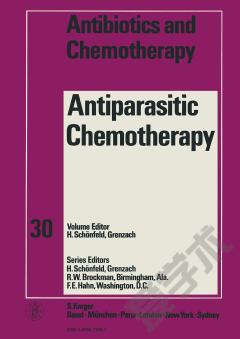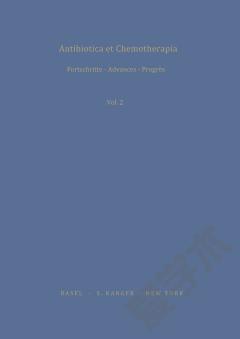Antituberculosis Chemotherapy
Tuberculosis (TB) remains one of the major infectious diseases of mankind although drugs for its treatment have been available for nearly 60 years. The standard short-course 6-month regimen used since about 1980 has helped to save millions of lives, but co-infection with HIV has had a devastating effect on the epidemic, and multidrug-resistant TB is a growing problem, particularly in communities with a high incidence of HIV. Following the declaration by the WHO in the early 1990s that TB was a ‘global health emergency’, interest in TB research and the development of new drugs has increased significantly. This volume reviews anti-TB chemotherapy with the emphasis on the actions and pharmacology of existing drugs and the development and evaluation of new agents. A close look is taken at new research regarding our existing drugs by some of the best-known specialists in the field, and historical aspects of these agents are reviewed from a modern perspective. The prospects for the introduction of new drugs and different approaches of how to assess them in adults and in children are discussed in detail. Several papers address the problems associated with drug resistance, its spread and diagnosis. Compiled by two editors from Cape Town, which has a particularly high incidence of TB and is a centre of tuberculosis research, this publication is an indispensable reference for anyone involved in the management of TB either as a researcher, clinician or administrator, and those working in drug development.
{{comment.content}}








 京公网安备 11010802027623号
京公网安备 11010802027623号